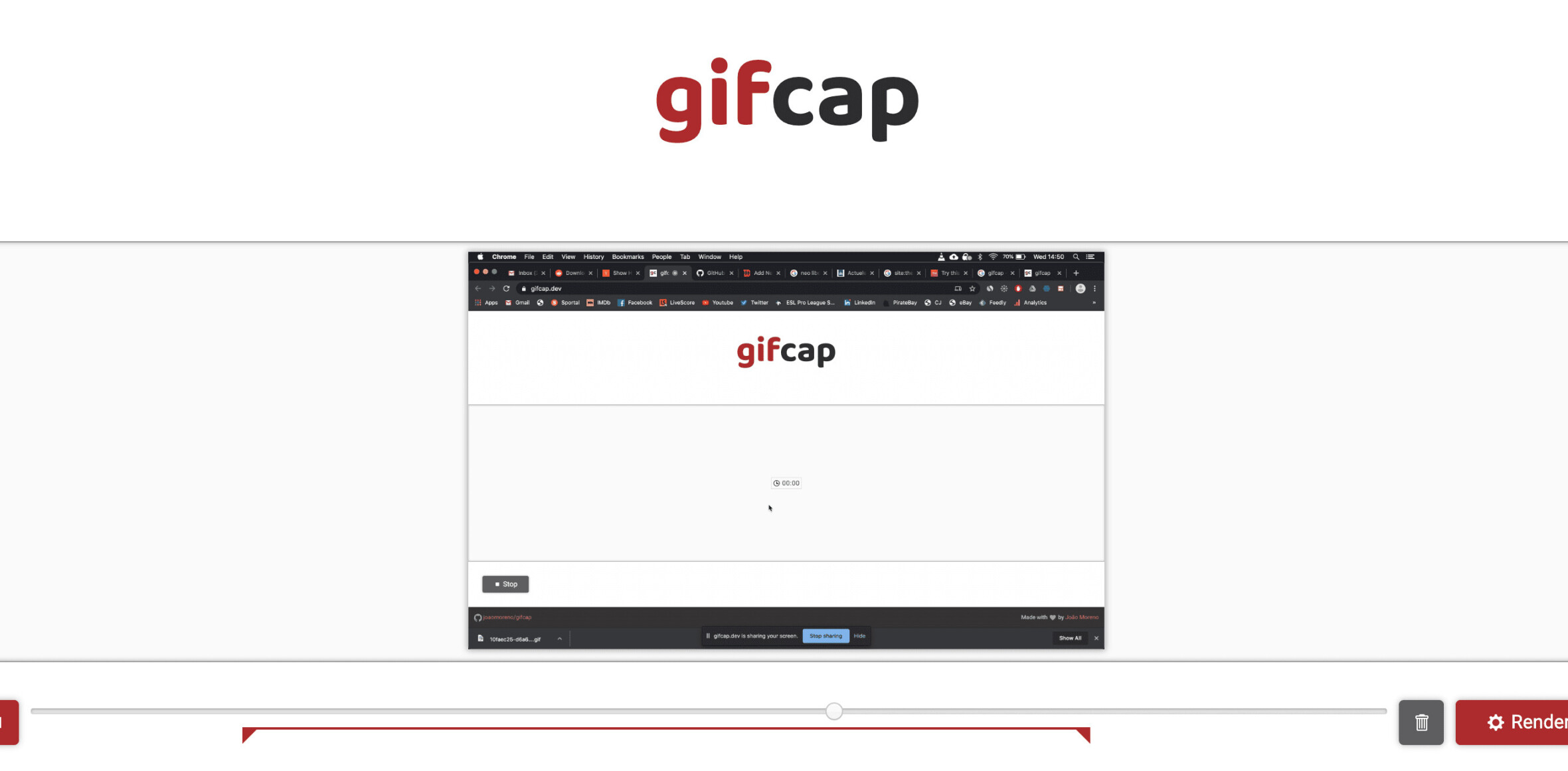
Consider us surprised. The January market share numbers are out for web browsers, and Internet Explorer not only failed to leak new market share, it gained over a point, seemingly at the expense of its arch rivals Chrome and Firefox. Safari also declined.
For the month of January, Internet Explorer (all versions) controlled some 52.96% of the global browser market. That is up from December’s tally of 51.87%. Chrome declined from 19.11% to 18.94% over the same time frame. Firefox eased from 21.83% to 20.88%. Safari lost 0.07% market share to end January with some 4.90% of the market.
What the heck happened? Our first thought was that holiday PC demand saw a plethora of new Windows 7 computers ship, therefore boosting the numbers of Internet Explorer 9 (which ships with the operating system), and thus the larger Windows franchise. However, according to the same source, Internet Explorer 9 only grew from 11.48% to 11.64% during the month; we don’t think that that is enough of a change to drive the larger Internet Explorer gains. In short, we don’t know, but this is a relatively unprecedented show of strength by Microsoft’s browser line. In fact, the only time that Internet Explorer has not lost global market share in the last year was between October and November, when it was essentially unch.
Microsoft, however, isn’t pushing the new data. In its blog post on the latest numbers, the company continued to discuss market share only in terms what is running on Windows 7. That’s all well and good, but the fact that Internet Explorer is managing to hold its own and more, even if temporarily, is a bigger story in our books.
Get the TNW newsletter
Get the most important tech news in your inbox each week.




